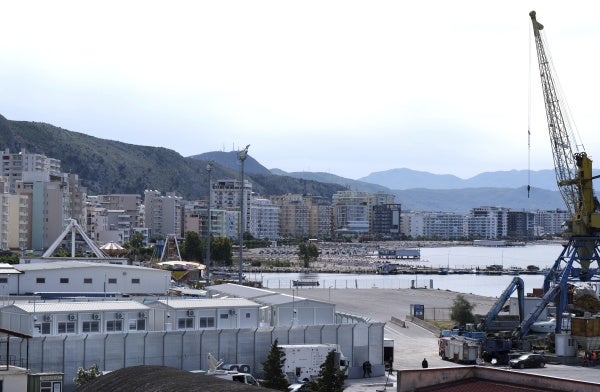Lire la version en français / Hier auf Deutsch lesen / Lea la versión en español
Let’s start with the basics: everyone has the right to seek asylum in another country.
This does not mean that anyone can just live wherever they want. No. It means you have the right to ask for asylum, and the authorities have to consider your individual case and treat you humanely in the meantime. This is grounded in international human rights and refugee law, and, in the European Union, in the EU Charter of Fundamental Rights.
In recent years, it seems many politicians in the European Union have forgotten this fundamental point and the authorities’ obligation to uphold these rights. However, with a new EU leadership coming onboard soon, there’s an opportunity for a rethink – a chance to get back to basics.
European leaders have brought about some truly terrible policies in recent years. Regular readers will recall what amounts to a “let them die” approach toward refugee boats in the Mediterranean Sea. Authorities in EU countries such as Greece and Poland have treated humanitarian aid workers as criminals when they’ve sought to help desperate asylum seekers.
In EU member Croatia, authorities have physically brutalized asylum seekers on the border with methods so awful, they violate international prohibitions on torture – while the EU simply turned away.
Another abusive approach EU governments are increasingly turning to is what’s called “externalization,” “outsourcing,” or “offshoring” to third countries – that is sending asylum seekers for processing to countries outside the EU. Authorities are ignoring their legal obligations and paying other countries to do their job for them.
EU member states are not alone in this, of course. Recall Australia’s abusive and expensive failures with “offshoring” and the UK’s cruel and costly attempts to send asylum seekers to Rwanda.
In the EU, at least 15 member states have endorsed such measures to shift asylum processing outside EU territory. A prominent example is Italy’s dodgy deal with Albania. The 700-million-euro scheme steamrollers over the rights of asylum seekers, who could find themselves in prolonged detention and legal limbo.
However, we are now – hopefully – at a moment of possible change for the EU. With recent European elections and a new European Commission forming (even if it will include some old faces), there’s a fresh opportunity to rethink all these policies and get the EU and its member countries to work within legal and moral boundaries.
A new statement by 95 human rights and humanitarian groups is drawing attention to “externalization” in particular. It reminds EU leaders that transfering asylum seekers for processing to countries outside of the EU is incompatible with their international and European legal obligations.
Let’s hope EU leaders use this moment to get back to basics on asylum and commit themselves to respecting fundamental rights.












